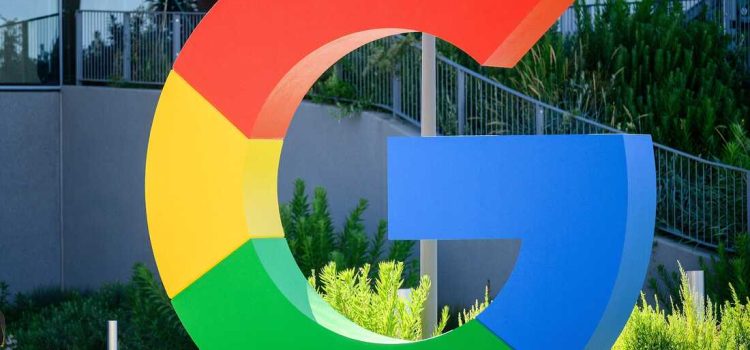
The $5 Billion Privacy Scandal That Rocked Google
Introduction
Hi, I’m Fred, a tech enthusiast and a blogger who loves to explore the latest trends and developments in the digital world. In this article, I’m going to share with you some shocking facts about Google’s privacy scandal that rocked the internet in 2020. You might think that browsing in incognito mode protects you from Google’s prying eyes, but you’d be wrong. Google has been accused of illegally invading the privacy of millions of users by tracking their online behavior even when they use Chrome’s private browsing feature. This has sparked a massive class action lawsuit that seeks at least $5 billion in damages from the tech giant. In this article, I’ll explain what incognito mode is, how Google allegedly violated users’ privacy, what the implications of this scandal are, and what you can do to protect your online privacy.

What is Incognito Mode?
Incognito mode is a feature in Google Chrome that allows you to browse the web without saving your browsing history, cookies, or other data on your device. When you open a new incognito tab, you’ll see a message that says “You’ve gone incognito. Now you can browse privately, and other people who use this device won’t see your activity. However, downloads and bookmarks will be saved.” You’ll also see a warning that says “Chrome won’t save the following information: Your browsing history, Cookies and site data, Information entered in forms. Your activity might still be visible to: Websites you visit, Your employer or school, Your internet service provider.”
How Google Allegedly Violated Users’ Privacy
According to the lawsuit filed in June 2020, Google uses various tools and applications, such as Google Analytics, Google Ad Manager, and other website plug-ins, to collect information about what users view online and where they browse, regardless of whether they use incognito mode or not. This information includes users’ IP addresses, geolocation, device identifiers, browsing history, and search queries. Google then uses this data to create detailed profiles of users’ interests, preferences, and behavior, which it uses to target them with personalized ads and content. The lawsuit claims that Google’s actions violate the federal wiretapping law and the California privacy law, and that Google “cannot continue to engage in the covert and unauthorized data collection from virtually every American with a computer or phone.”

What are the Implications of this Scandal?
This scandal has raised serious concerns about Google’s respect for users’ privacy and its compliance with the law. If the lawsuit succeeds, Google could face a hefty fine of at least $5,000 per violation for millions of users, which could amount to billions of dollars in total. Moreover, Google could face a loss of trust and reputation among its users, who might switch to other browsers or search engines that offer more privacy protection. Additionally, this scandal could prompt more scrutiny and regulation from the government and the public, who might demand more transparency and accountability from Google and other tech companies that collect and use personal data.
What Can You Do to Protect Your Online Privacy?
While incognito mode might not be as private as you think, there are some steps you can take to enhance your online privacy and security. Here are some tips:
- Use a VPN (virtual private network) service that encrypts your internet traffic and hides your IP address and location from third parties.
- Use a privacy-focused browser or search engine that doesn’t track your online activity or sell your data to advertisers. Some examples are Brave, DuckDuckGo, and Tor.
- Use a browser extension or app that blocks trackers, ads, and malware. Some examples are uBlock Origin, Privacy Badger, and Ghostery.
- Review and adjust your privacy settings on Google and other websites and apps that you use. Opt out of personalized ads, location tracking, and data sharing whenever possible.
- Delete your browsing history, cookies, and cache regularly, or use a tool that does it automatically. Some examples are CCleaner, BleachBit, and History Eraser.
Conclusion
Google’s privacy scandal has exposed the dark side of the internet, where users’ personal data is collected and exploited without their consent or knowledge. While Google denies any wrongdoing and says it is upfront about the data it collects in incognito mode, the lawsuit argues that Google’s practices are illegal and deceptive. As a tech enthusiast, I believe that users have the right to control their own data and choose how they want to browse the web. That’s why I recommend using the tips above to protect your online privacy and security. Thank you for reading this article, and I hope you found it informative and useful. If you have any questions or comments, please feel free to share them below. And don’t forget to subscribe to my blog for more tech news and insights. This is Fred, signing off.










